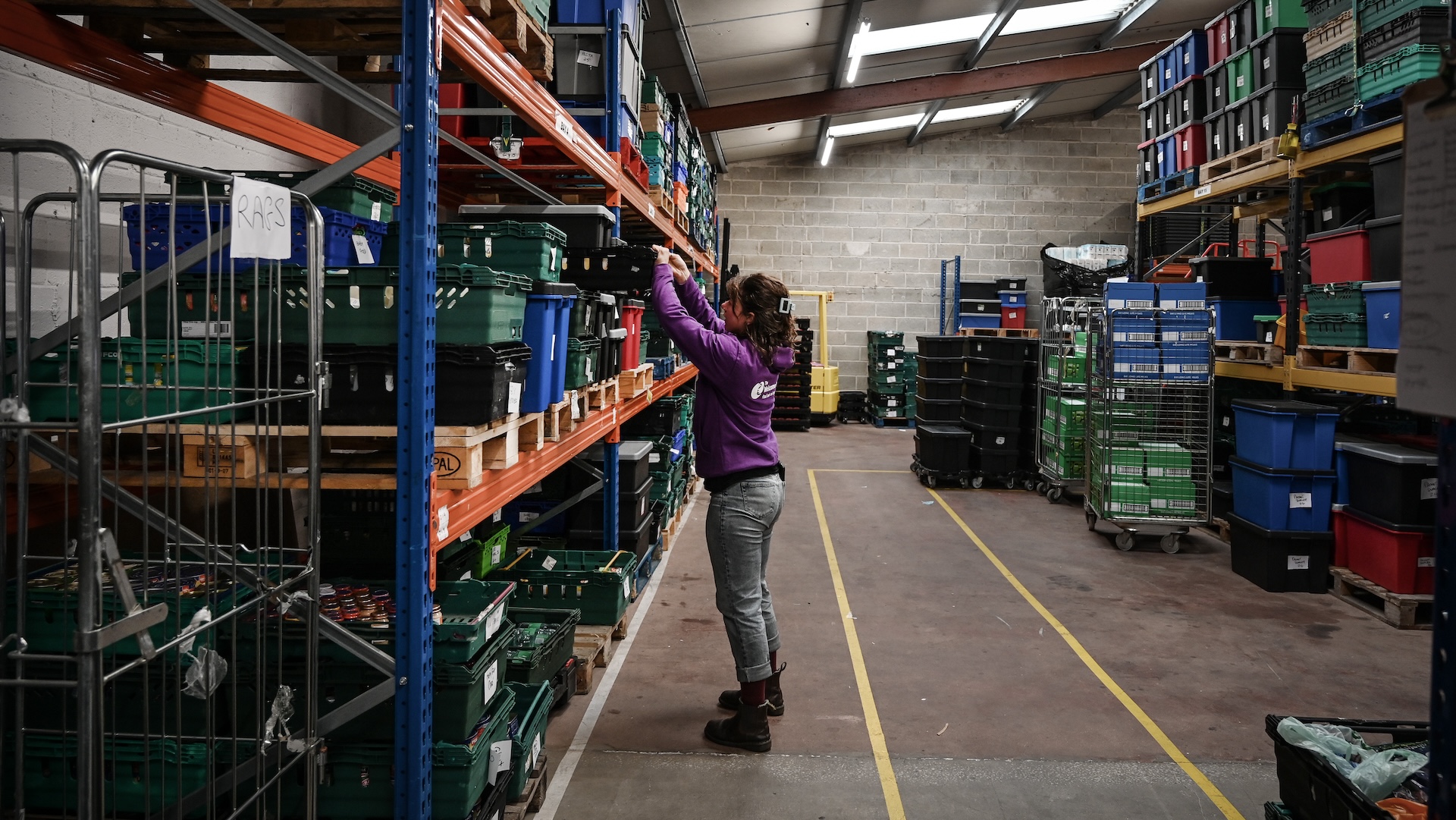To make matters worse, the Department for Work and Pensions (DWP) has also just introduced a new signposting slip preventing Jobcentres from helping people access some food banks. This ban on food bank referrals will add further pressure to benefit claimants and food banks alike.
End Furniture Poverty has reported that 62% of all local welfare spending came from the household support fund in 2022/23. The DWP funding stream has been used to plug some of the gaps left through the abandonment of the Discretionary Social Fund in 2013.
Sir Stephen Timms MP spoke at a recent joint summit on the future of crisis support. If the household support fund isn’t extended, the chair of the Work and Pensions Select Committee said: “We will end vital support long before the cost of living crisis has finished, and we’ll also end an element of the social security system which has been supported by every government since 1934.”
There’s no question that the impact of cutting this support will be devastating for households already being pushed into debt and hardship. April’s 6.7% rise in social security payments alongside a year-long increase in Local Housing Allowance are welcome but will make little difference. Citizens Advice reported in January that more than half of the people they help with debt advice are in a negative budget. New government data shows an increased number of harsher sanctions are being imposed on claimants which can render people destitute.
Many independent and Trussell Trust food banks have counted on the household support fund. Local authorities have reduced the need for food banks by directly helping people who might otherwise have turned to food banks through the household support fund.
Many have used the household support fund to provide cash first direct payments. The funding has also been given to food banks to support people with vouchers as well as to distribute cash payments through a range of local agencies.
With no household support fund in place, more distressed people will inevitably feel the need to turn to food banks for support. But food banks are warning they may not have the resources to cope. The situation is clearly unsustainable, and some food banks could be forced to close their doors as demand rises and resources fall short. Independent food banks are particularly concerned.
Without large-scale corporate backing and national fundraising schemes, these are the food banks which are often already overburdened, rationing supplies, or running out of food. Trussell Trust food banks represent the tip of the iceberg when it comes to the wider charitable food aid picture and do not operate in a quarter of all UK local authorities.
So as anti-poverty campaigners try to their utmost to make the case for the household support fund, we await the chancellor’s budget on the 6 March. Will Jeremy Hunt MP ensure that local authorities have the means to throw lifelines to people forced into poverty? Or will we descend yet further into a poverty and inequality abyss?
Time is running out for the household support fund. Time is also running out for people struggling with poverty as well as food banks. Volunteers are faced with the reality that they may no longer be able to maintain the haphazard, charitable safety net through which they’ve tried, for too long, to prop up our shredded social security system.
Ultimately, it’s vital not to lose focus on the bigger picture. It’s critical to raise the bar and envision a fairer, thriving society. Local crisis support should be available for a crisis. Not because the UK Government has caused ‘permacrisis’ by eroding our social security system.
There should be funding for a localised element of a well-functioning social security system. And, of course, in turn, a well-functioning social security system would reduce the need for the local support on which households have come to depend.
At the heart of the battle to save the household support fund is a much bigger problem – the urgent need to reform our social security system and UK employment practices so that everyone can access a living income and a healthy standard of living for all in the first place.
The Independent Food Aid Network (IFAN) campaigns for a ‘cash first’ or income-focused approach to food insecurity and envisions a society without the need for charitable aid. IFAN recently co-ran an online summit on the future of crisis support in England.









